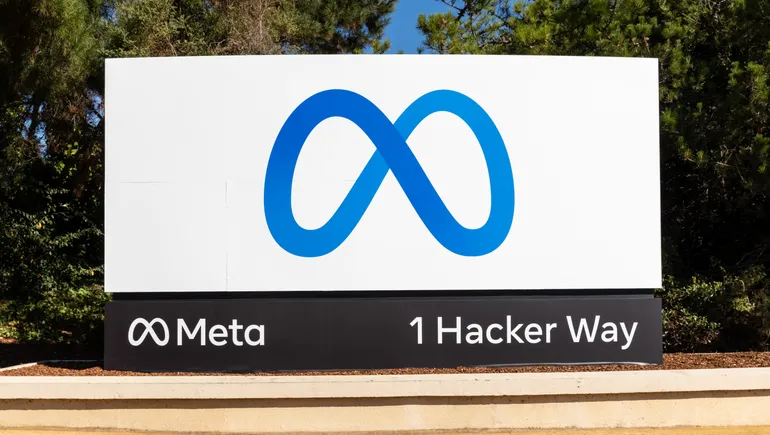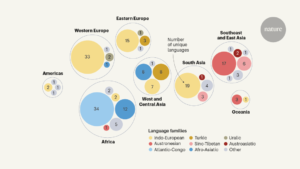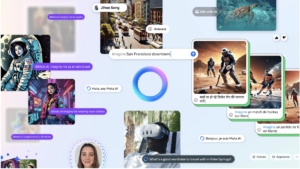Meta’s AI Strategy: Real-Time Automation of Creative Content and Personalized Advertising

Meta’s Impressive Revenue Growth in Q2
Strong Financial Performance
Meta, the parent company of Facebook and Instagram, reported a significant revenue increase of 22% year over year, reaching $39 billion in the second quarter of 2024. This outcome surpassed analysts’ expectations, showcasing the company’s resilience and ability to adapt in a challenging market environment.
Ad Metrics on the Rise
The company’s advertising model also demonstrated positive trends, with ad impressions across its platforms increasing by 10% compared to the previous year. Alongside this, the average cost per ad also rose by 10%. Meta identified key sectors driving this growth, namely e-commerce, gaming, entertainment, and media. These sectors are seeing increased advertising budgets, and Meta is reaping the benefits.
Future Revenue Projections
Looking ahead, Meta projects its revenue for the third quarter to fall between $38.5 billion and $41 billion. This optimistic forecast reflects the firm’s confidence in its ongoing strategies, particularly its focus on artificial intelligence (AI) to enhance marketing efforts.
Insights into AI’s Role in Marketing
AI Strategy Breakdown
In its Q2 earnings report, Meta elaborated on its AI strategies. The company differentiates between core AI—technologies that have supported its ecosystem over the years—and generative AI, an innovative yet costly technology that has not yet significantly contributed to revenue. However, executives believe that generative AI holds immense potential for transforming advertising.
Mark Zuckerberg, CEO of Meta, shared his vision for AI in marketing: “In the coming years, AI will be able to generate creative for advertisers as well, and will also be able to personalize it.” He emphasized a future where advertisers simply need to provide a business goal and budget, allowing AI to handle the rest of the process.
Concerns and Considerations
While many analysts see generative AI as a game-changer for digital advertising, there are concerns about fully automating the creative process. Some marketing professionals may hesitate to relinquish control to AI, as pointed out by Mike Proulx, a research director at Forrester. He highlighted the crucial role of human oversight in advertising.
Enhancements in Advertising Technology
AI Tools and Frameworks
Currently, Meta’s AI initiatives primarily operate behind the scenes. The company announced that its ad-ranking system, Meta Lattice, played a key role in enhancing ad performance during Q2. Additionally, more advertisers are using Advantage+, a set of AI tools that optimize ad placement. Meta is also proud of its Meta AI assistant, which is on track to become the most popular tool in this category by the end of 2024.
The Metaverse’s Financial Struggles
AI is also central to Meta’s ambitions regarding the metaverse—its long-term vision for augmented and virtual reality. However, the Reality Labs division, responsible for this development, suffered significant financial losses, with expenses reaching $4.8 billion in Q2, a 21% increase year over year. Despite generating $353 million in revenue, the unit incurred its highest operating loss in two years, underlining the risks associated with operating in this area.
Optimizing Advertising Strategies
Streamlining User Experience
Throughout Q2, Meta streamlined various aspects of its advertising approach. The company tailored ads for users as they navigate between Facebook and Instagram, aiming to increase conversions without overwhelming users with excessive ads. Moreover, Meta has unified video recommendations across its platforms, merging different video formats into a cohesive viewing experience.
E-commerce Brands Driving Demand
E-commerce brands continue to invest heavily in Meta for customer acquisition. Notable companies like Temu and Shein, based in China, are especially aggressive in digital marketing to U.S. consumers. Ad impressions from the Asia-Pacific region and other global areas were substantial contributors to Meta’s growth during Q2, highlighting the company’s wide-reaching influence in the advertising space.
By leveraging AI and optimizing its advertising offerings, Meta is not only increasing its revenue but also positioning itself for future growth in the evolving digital landscape.






